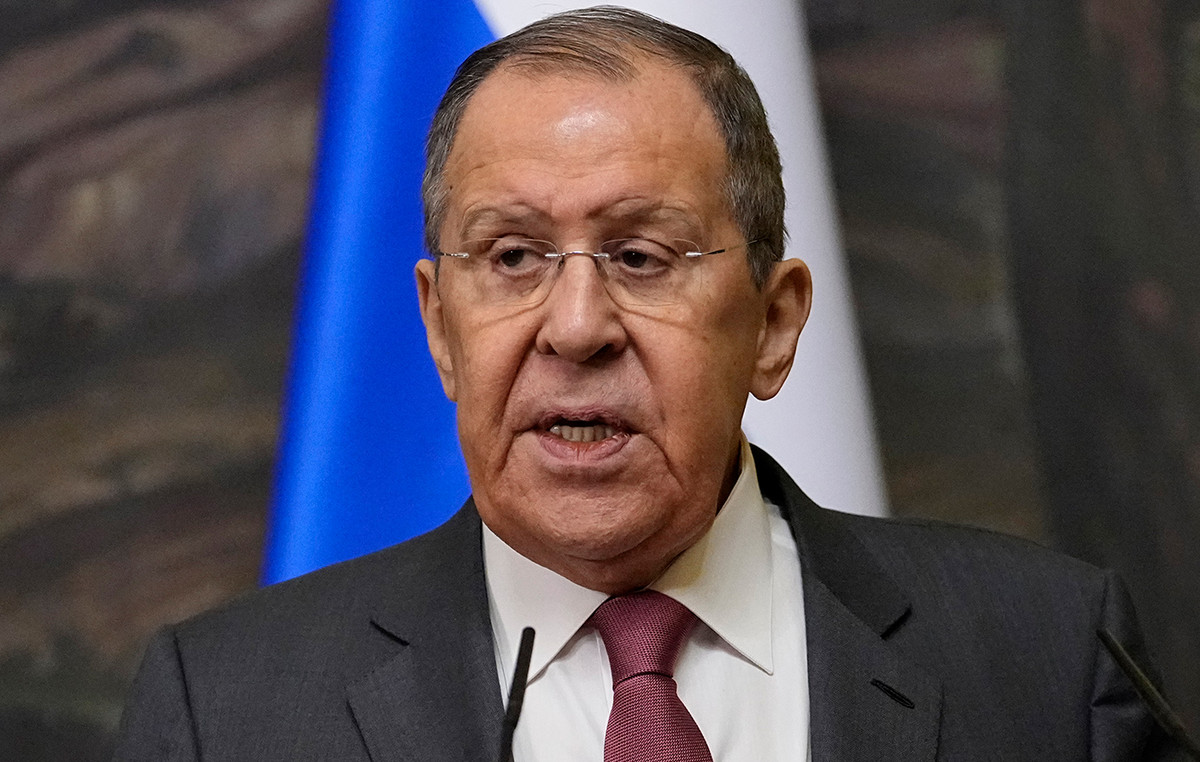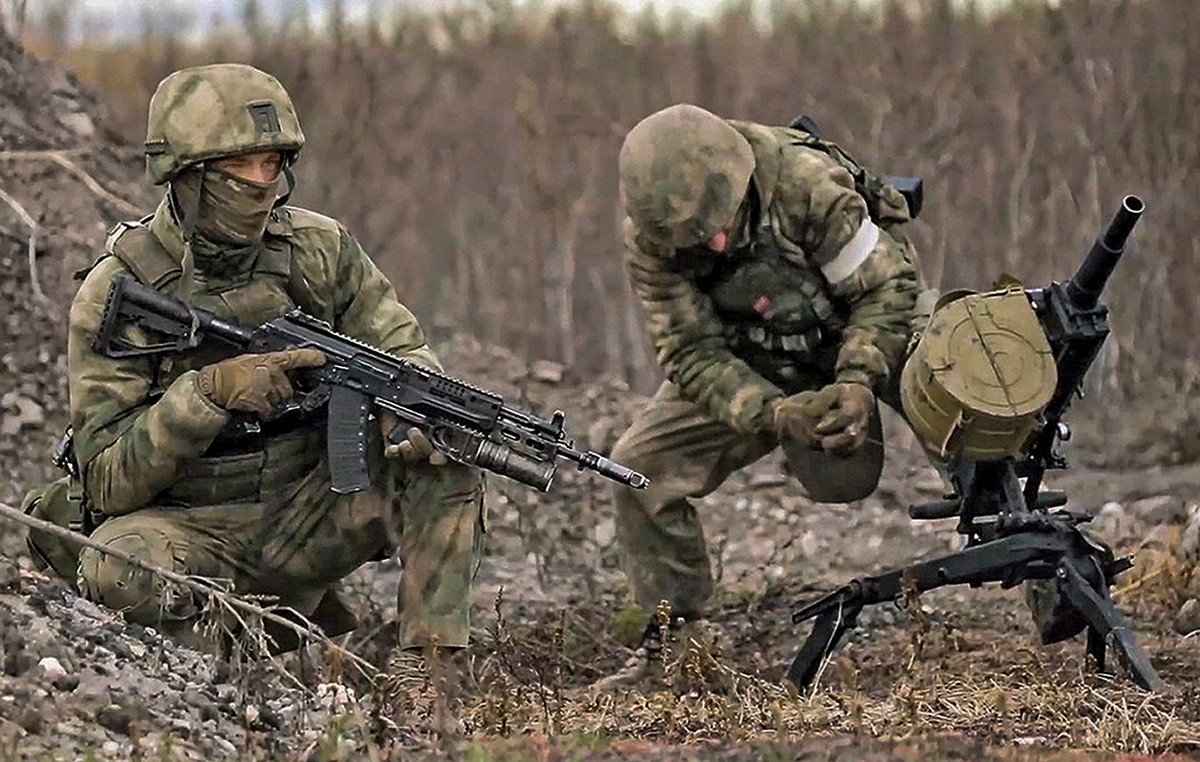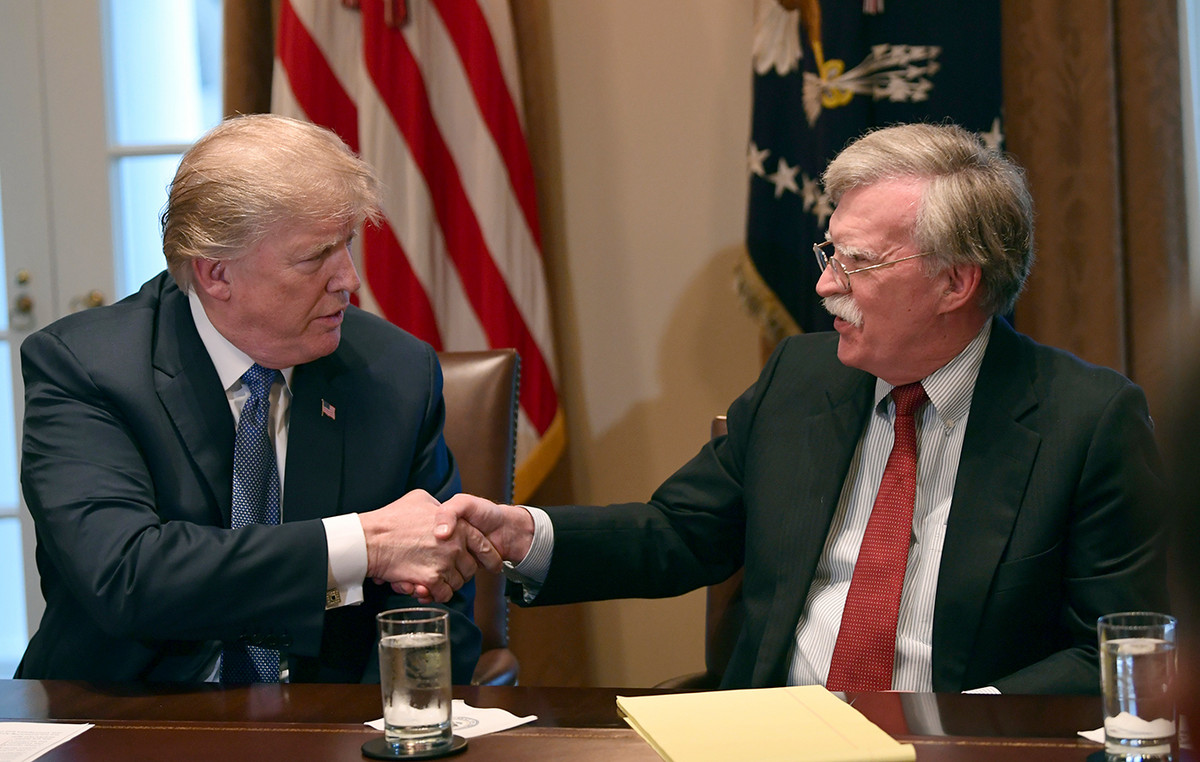By Julian Lee
Sunday is the day the new European Union regulations banning trade with Russian state-owned energy companies came into force.
This will logically trigger a further reduction in the volume of Russian crude and Russian refined products purchased and traded by European companies, but will not stop the flow.
Even when (or rather if) the EU finally imposes sanctions on the Russian oil market, it will not be able to stop the “Russian” crude from leaving Russian ports, nor the products it produces from supplying European cars and trucks.
There are several reasons for this.
Ships
Russia will do everything it can to keep the cargo moving. Crude will continue to flow to China and India in increasing volumes. Sea missions will increasingly depend on Russian ships.
Russia’s state-owned Sovcomflot operates a fleet of more than 100 oil tankers, ranging in size from so-called Medium-Range ships, capable of carrying up to 40,000 tonnes of refined products to regional markets, up to the largest crude carriers that can carry up to eight times at huge distances.

Ships used in Russia’s foreign trade have been largely avoided since the United Kingdom added Sovcomflot to its list of entities subject to sanctions, forcing international insurers to distance themselves from the Russian shipowner.
The company’s largest ship, the 340,000-ton Svet super-tanker, has not carried cargo since delivering a cargo of crude oil from Angola to China in February.
Insurance for Sovcomflot ships bound for India will most likely be provided by the Russian state and not by mutual insurance associations or P&I clubs, which normally perform this role.
Launch
Trade from western Russia to Asian markets, however, has skyrocketed since the Russian invasion of Ukraine and looks set to increase further. Consignments have also begun unloading at Fujairah in the United Arab Emirates, where crude can either be refined, stored, mixed and resold.
There will also be exceptions for crude passing through Russia, mainly from Kazakhstan, but also in much smaller quantities from Azerbaijan and Turkmenistan. I am dealing here with the case of CPC Blend crude oil from Kazakhstan, however traders will still be able to buy quantities that will seem to the “outsiders” as Russian crude Urals or crude Siberian Light. This is not an attempt to avoid sanctions.
While most of the molecules in these cargoes will have been pumped from the ground in Russia, the legal origin will be elsewhere. Kazakhstan, for example, supplies crude oil to the Russian pipeline system. This crude is mixed with volumes of Russian oil fields to create standard export qualities – REBCO (Urals) and Siberian Light. Kazakhstan then distributes the same amount of crude oil that it put into the system to be loaded on tankers in Russian ports.
Although the financial transaction is between the buyer and Kazakhstan, the cargo looks Russian. It has the name of a Russian type of oil and is loaded in a Russian port. This could pose a risk to the reputation of companies such as the Vitol Group, which manages Kazakhstan’s Urals crude exports.
Amazing
While Europe is likely to stop buying Russian crude, it is unlikely it will be able to avoid the diesel fuel it produces.
Direct diesel trade between Russia and European countries may stop, but the product produced from Russian crude in overseas refineries will still reach European ports. Russian crude processed at overseas refineries is no longer Russian.
Diesel produced, for example, at an Indian refinery is Indian diesel, whether the crude came from Saudi Arabia, Russia or anywhere else. The products are manufactured to strict standards required in the consuming countries and there is no mechanism to determine where the crude from which they were produced comes from.

The purpose of the EU measures that have already been imposed and the proposed sanctions that it is trying to see adopted by the Member States is not to stop oil coming out of Russia as an end in itself.
It is to stop or at least significantly reduce Russia’s revenue from oil exports. At the same time, the world still needs at least some of this oil to keep flowing if we are to avoid a new price spike.
Source: Bloomberg
I’m Ava Paul, an experienced news website author with a special focus on the entertainment section. Over the past five years, I have worked in various positions of media and communication at World Stock Market. My experience has given me extensive knowledge in writing, editing, researching and reporting on stories related to the entertainment industry.







